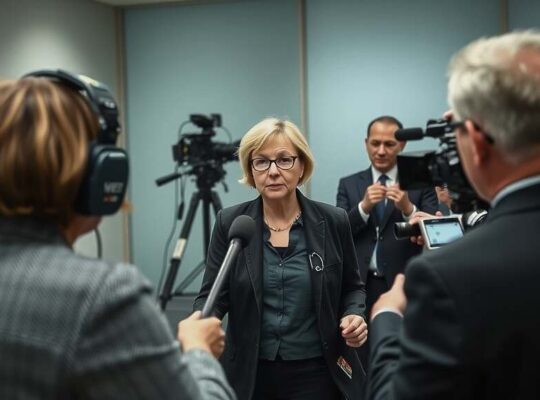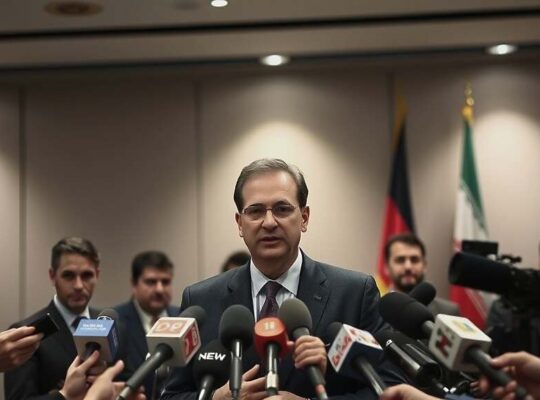Fuel prices across Germany have seen a noticeable increase this week, sparking concerns among consumers and prompting questions about the underlying factors driving the surge. A recent analysis of over 14,000 petrol stations by the ADAC (German Automobile Club) reveals that diesel has experienced the most significant jump, escalating by 2.7 cents to an average of €1.64 per liter. Super E10 followed closely, costing an average of €1.689, a 1.2-cent increase compared to the previous week. Diesel’s price has risen by a substantial 7.5 cents within just three weeks, raising eyebrows among analysts.
The ADAC’s investigation into the prevailing market conditions yields little clarity on the reasons behind the sudden price hikes. While the benchmark Brent crude oil price increased by approximately $1 per barrel to $65, the euro has simultaneously strengthened against the dollar, mitigating the impact of this rise and suggesting import costs should be marginally lower. This disconnect between crude oil pricing and retail fuel costs leads to speculation about other influences at play.
Notably, the ADAC suggests the recent cold weather, the start of the heating season and the heightened demand for heating oil are primarily responsible for the disproportionately large increase in diesel prices compared to petrol. The close chemical similarity between diesel and heating oil means that rising heating oil prices invariably affect diesel costs. This observation has drawn criticism, with some observers questioning the adequacy of market regulation in preventing a potential windfall for heating oil distributors at the expense of motorists.
The ADAC has issued practical advice for drivers seeking to minimize their fuel expenditure, recommending evening refueling when prices can be as much as 13 cents per liter lower. Switching to Super E10 instead of Super E5 can offer a further saving of approximately 6 cents per liter; however, drivers are urged to consult their vehicle manufacturer to ensure compatibility. This latest price escalation is likely to reignite the ongoing debate regarding fuel taxation and government policies aimed at influencing energy consumption and potentially fueling calls for greater transparency in fuel pricing mechanisms.












